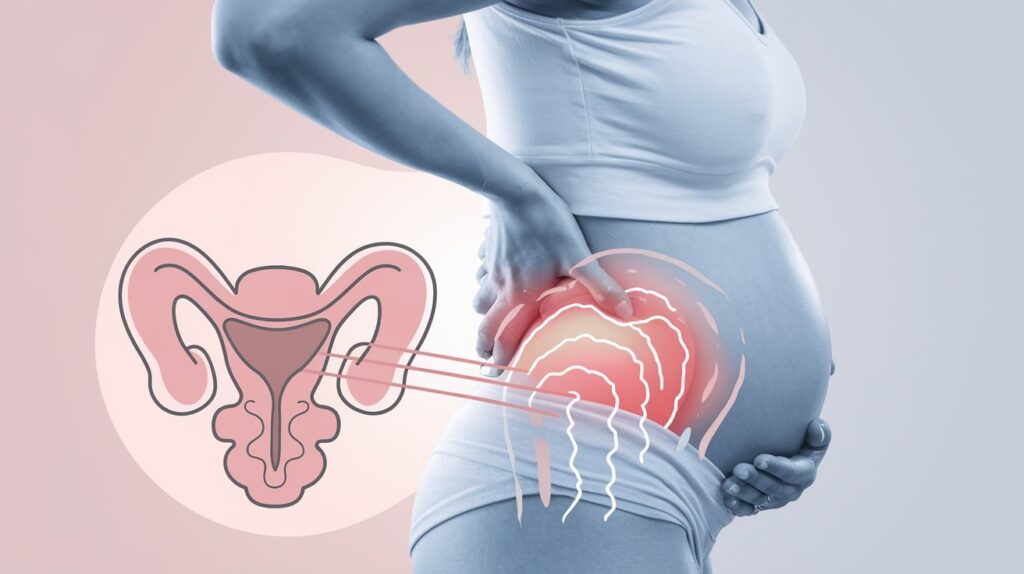Piles During Pregnancy: Causes, Prevention, and Treatment Options
Pregnancy is a beautiful journey, but it can also bring about certain health challenges, one of which is piles (hemorrhoids). Piles during pregnancy are a common issue that many women face due to the physical and hormonal changes their bodies undergo. While they can be uncomfortable and painful, the good news is that they are manageable with the right care and treatment. In this blog, we’ll explore the causes of piles during pregnancy, effective prevention tips, and safe treatment options to help you navigate this condition with ease.
What Are Piles (Hemorrhoids)?
Piles, also known as hemorrhoids, are swollen veins in the lower rectum or anus. They can be internal (inside the rectum) or external (under the skin around the anus). During pregnancy, the increased pressure on the pelvic area and hormonal changes make women more susceptible to developing piles.
Causes of Piles During Pregnancy
Several factors contribute to the development of piles during pregnancy:
1. Increased Pressure on Pelvic Veins
- The growing uterus puts pressure on the pelvic veins and the inferior vena cava (a large vein on the right side of the body). This pressure slows blood flow, causing the veins in the lower rectum to swell.
2. Hormonal Changes
- Pregnancy hormones, particularly progesterone, relax the walls of the veins, making them more prone to swelling.
3. Constipation
- Constipation is a common issue during pregnancy due to hormonal changes and the pressure of the uterus on the intestines. Straining during bowel movements can lead to piles.
4. Weight Gain
- The extra weight gained during pregnancy can increase pressure on the rectal veins.
5. Prolonged Sitting or Standing
- Sitting or standing for long periods can worsen blood flow in the pelvic area, increasing the risk of piles.
Symptoms of Piles During Pregnancy
If you’re experiencing piles during pregnancy, you may notice the following symptoms:
- Itching or irritation around the anal area.
- Pain or discomfort during bowel movements.
- Swelling or lumps near the anus.
- Bleeding during bowel movements (bright red blood on toilet paper or in the stool).
Prevention Tips for Piles During Pregnancy
While piles during pregnancy are common, there are several steps you can take to reduce your risk:
1. Maintain a High-Fiber Diet
- Include plenty of fruits, vegetables, whole grains, and legumes in your diet to prevent constipation.
2. Stay Hydrated
- Drink at least 8-10 glasses of water daily to keep your stools soft and easy to pass.
3. Exercise Regularly
- Engage in gentle exercises like walking or prenatal yoga to improve blood circulation and prevent constipation.
4. Avoid Straining During Bowel Movements
- Take your time and avoid straining. If needed, use a footstool to elevate your feet while sitting on the toilet.
5. Practice Good Hygiene
- Keep the anal area clean and dry. Use moist wipes or a bidet instead of dry toilet paper.
6. Avoid Prolonged Sitting or Standing
- Take breaks to move around if you have a desk job or stand for long periods.
Safe Treatment Options for Piles During Pregnancy
If you develop piles during pregnancy, there are several safe and effective treatment options available:
1. Home Remedies
- Warm Sitz Baths: Soak the affected area in warm water for 10-15 minutes, 2-3 times a day, to reduce swelling and discomfort.
- Cold Compress: Apply a cold pack to the area to numb the pain and reduce swelling.
- Aloe Vera or Coconut Oil: These natural remedies can soothe irritation and promote healing.
2. Over-the-Counter Treatments
- Use hemorrhoid creams or ointments containing witch hazel or hydrocortisone to relieve itching and inflammation. Always consult your doctor before using any medication during pregnancy.
3. Medical Procedures
- In severe cases, your doctor may recommend minimally invasive procedures like rubber band ligation or laser treatment to remove the piles. These procedures are safe and effective, even during pregnancy.
4. Lifestyle Changes
- Continue following the prevention tips mentioned above to manage symptoms and prevent recurrence.
When to See a Doctor
While piles during pregnancy are usually harmless, you should consult your doctor if:
- The pain or bleeding becomes severe.
- Home remedies and over-the-counter treatments don’t provide relief.
- You notice a persistent lump or swelling.
A proctologist or piles specialist can provide a proper diagnosis and recommend the best treatment options tailored to your condition.
Why Choose Dr. Sanjeev Gupta for Piles Treatment?
Dr. Sanjeev Gupta specializes in advanced, minimally invasive treatments like laser hemorrhoidectomy and stapler hemorrhoidopexy. With years of experience, Dr. Gupta prioritizes patient comfort and ensures effective treatment options, making him a trusted choice for pregnant women seeking piles treatment.
This blog offers practical advice for women experiencing piles during pregnancy, including preventive measures and safe treatment options. It’s a comprehensive guide that emphasizes both comfort and care during this challenging time.


